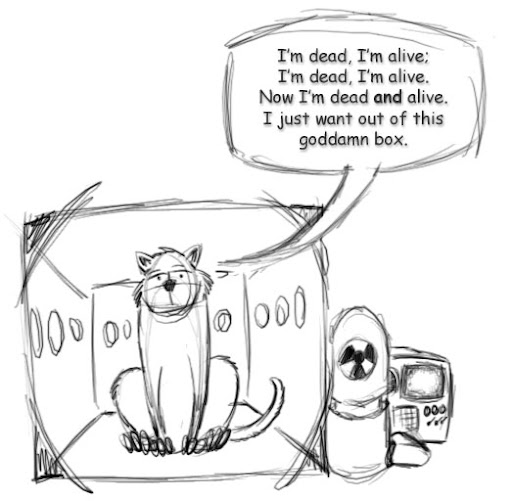 L-R: H. Sakaki, Klaus von Klitzing, J.P. Restrepo
L-R: H. Sakaki, Klaus von Klitzing, J.P. RestrepoKlaus von Klitzing
"for the discovery of the quantized Hall effect"Semiconductor research and the Nobel Prize in physics seem to be contradictory since one may come to the conclusion that such a complicated system like a semiconuctor is not useful for very fundamental discoveries. Indeed, most of the experimental data in solid state physics are analyzed on the basis of simplified theories, and very often the properties of a semiconductor device is described by empirical formulas since the microscopic details are too complicated.
Up to 1980 nobody expected that there exists an effect like the Quantized Hall Effect, which depends exclusively on fundamental constants and is not affected by irregularities in the semiconductor like impurities or interface effects.
Up to 1980 nobody expected that there exists an effect like the Quantized Hall Effect, which depends exclusively on fundamental constants and is not affected by irregularities in the semiconductor like impurities or interface effects.





